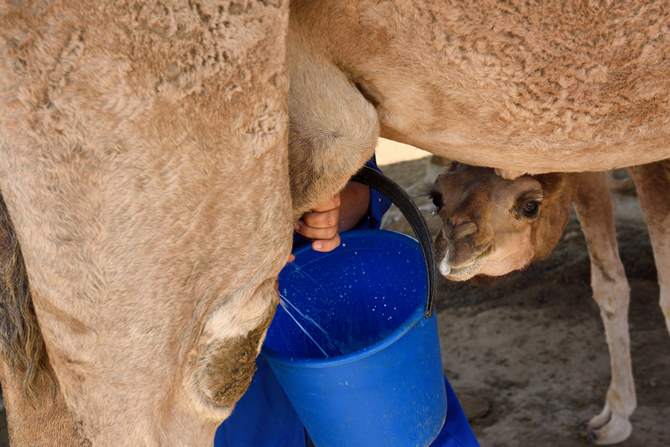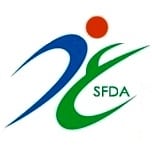
Chairman of Jeddah Chamber of Commerce, Sheikh Saleh Kamel revealed that the Sudanese government agreed to establish a free zone to be given to Saudi Arabia for cultivation, with an area of two million acres, indicating that the area will be close to Port Sudan, to transport products easily across the Red Sea.
Kamel said that the Saudi- Sudanese meeting, in the presence of the Presidential Adviser, Mustafa Osman, raised the issue of cultivating two million acres Sudan lands by Saudi investors, without any conditions to be a free zone.
He stressed that the cultivation of two million acres will cover Saudi Arabia with its need of grain and vegetables, and there will be a surplus for export, noting that the near distance, across the sea, which takes eight hours, will reduce the cost, according to the Saudi newspaper, “Al-Sharq”.
Kamel said that he will discuss with the Ministers of Agriculture and Finance this golden opportunity, as it has excellent returns, explaining that the exploitation of this opportunity will dispense with imports from Argentina, American countries and Australia, stressing that the farms will be owned by Saudi Arabia in a free zone and will not be hindered by any obstacles of Sudanese laws, and without payment of fees or taxes, explaining that the deal will has large positive returns to Saudi Arabia and Sudan, through the employment of hundreds of thousands of Sudanese workers.
He stressed that they had asked for a free zone in order not domestic laws in Sudan to be obstacles in the way of the implementation of this huge project, noting that when they return to the
Kamel stressed that the success of the said investment is certain, and will provide the food security to the Kingdom by 100%, confirming that this step of the strategy of the Custodian of the Two Holy Mosques, King Abdullah bin Abdul Aziz for Arab food investment that will achieve food security for the Saudi Arabia.
He said that the returns of agriculture in Sudan will reach to 15% of the capital in the first year, stressing that they have now the formal approval of the Sudanese government and they are awaiting official approval from the Saudi government to sign the agreement and start the investment.
He said that agricultural investment in the Kingdom is not successful, especially since there are severe water shortages, pointing out that the farming of grains and vegetables in the Kingdom will not going to satisfy their food need, stressing that the economy has no passion, so it is useful to cultivate in Sudan for water availability, effort, achievement of food security and creating a positive investment for Saudi investor.
On the obstacles facing Saudi investors outside the said Agreement, Kamel said that he had discussed with the Sudanese side three major obstacles facing the Saudi investor, which is the difference between the laws of states of Sudan and the federal laws, the issue of exchange, and the third thing is to facilitate the visas to bring in expertise not in Sudan, stressing that the Sudanese pledged to solve the said obstacles, stressing that there is a large response by the Sudanese President Omar Al Bashir, and the Presidential Advisor, Mustafa Osman.
He denied existence of accurate statistics on the percentage of Saudi investment in Sudan, noting that most of the statistics are inaccurate.
By Al-Arabia



